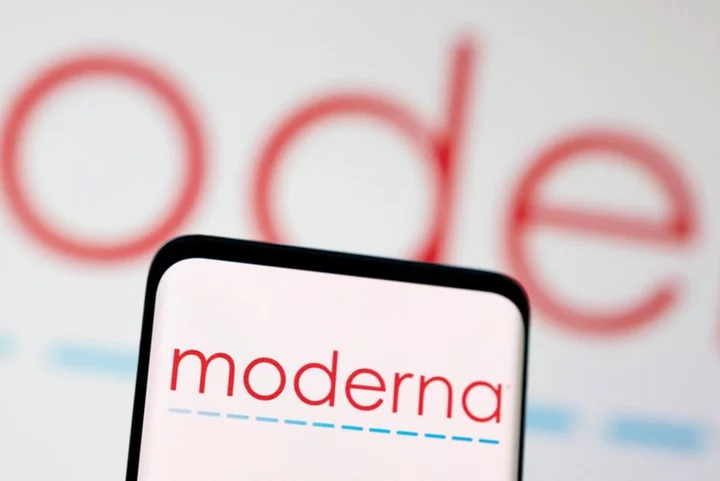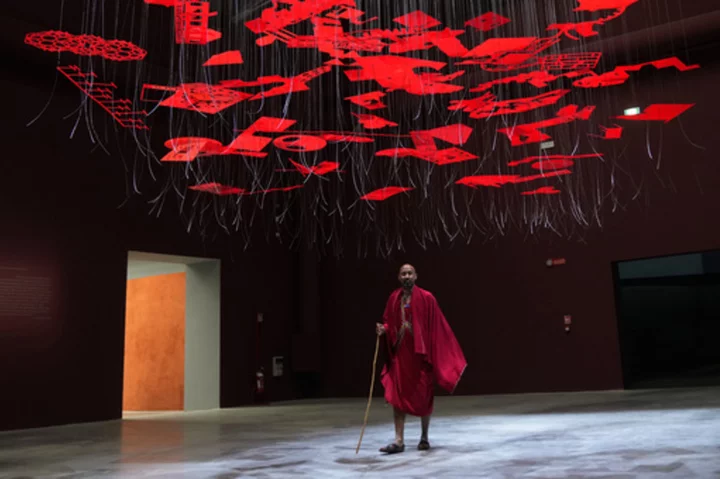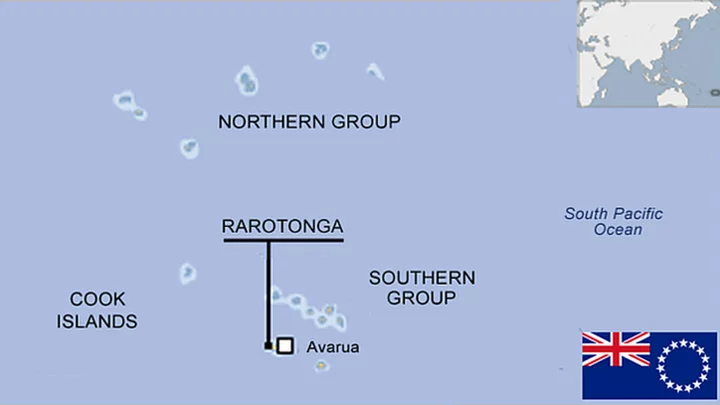Moderna said on Wednesday it has begun enrolling patients in a late-stage study evaluating its personalised mRNA-based skin cancer vaccine in combination with drugmaker Merck's blockbuster therapy Keytruda.
Data from a mid-stage study had shown that the combination cut the risk of recurrence or death of melanoma, the most deadly form of skin cancer, by 44% when compared with Keytruda alone.
The companies would now test if the combination would be effective in cutting the risk of disease recurrence in a larger trial of about 1,089 patients.
The mid-stage study involved 157 melanoma patients whose tumors were surgically removed before being treated with either the drug-vaccine combination or Keytruda alone.
Global recruitment for the late-stage trial has begun, with the first patients being enrolled in Australia, the companies said, adding that the study would take place in more than 25 countries around the world.
The Merck/Moderna collaboration is one of several combining drugs that unleash the immune system to target cancers with the messenger RNA (mRNA) vaccine technology. The vaccines are designed to train the immune system to recognize and attack specific mutations in cancer cells.
The personalized vaccine works in concert with Merck's Keytruda, a so-called checkpoint inhibitor designed to disable a protein called programmed death 1, or PD-1, that helps cancer to evade the immune system.
BioNTech SE and Gritstone Bio are also working on competing cancer vaccines based on the mRNA technology.
Shares of Moderna rose 1% in premarket trading.
(Reporting by Bhanvi Satija in Bengaluru; Editing by Shilpi Majumdar)









